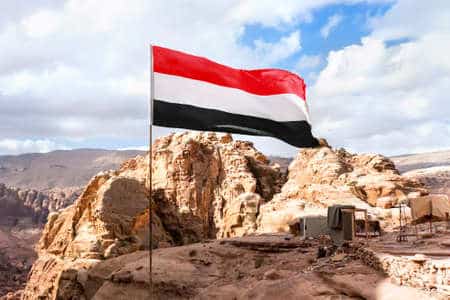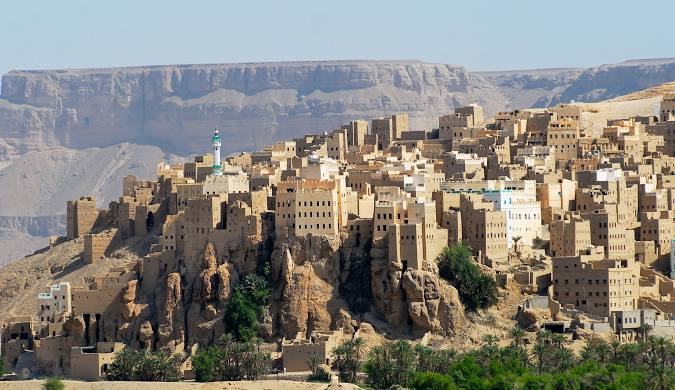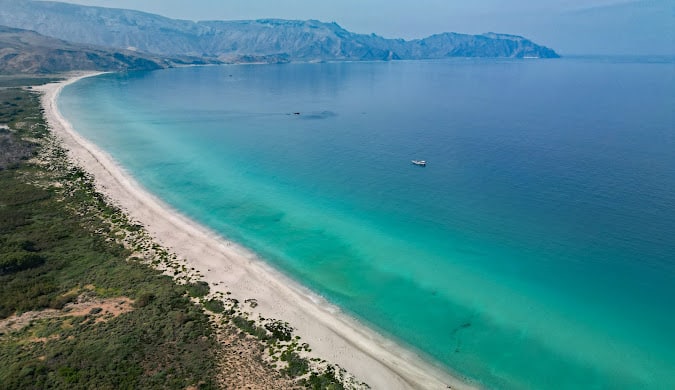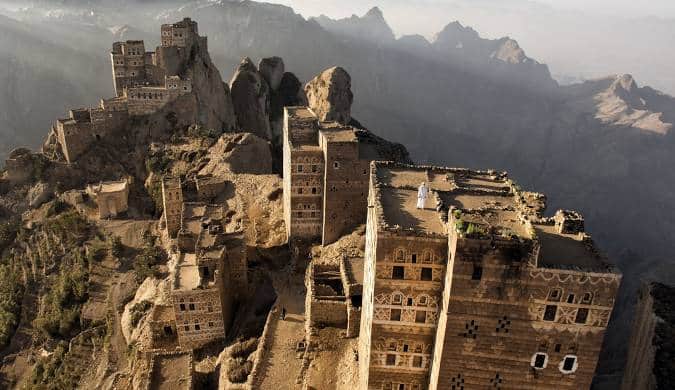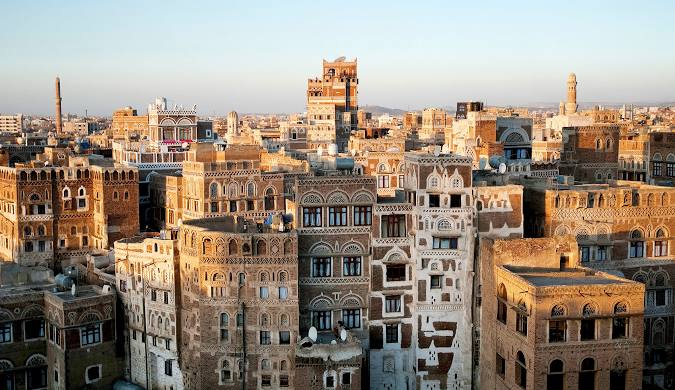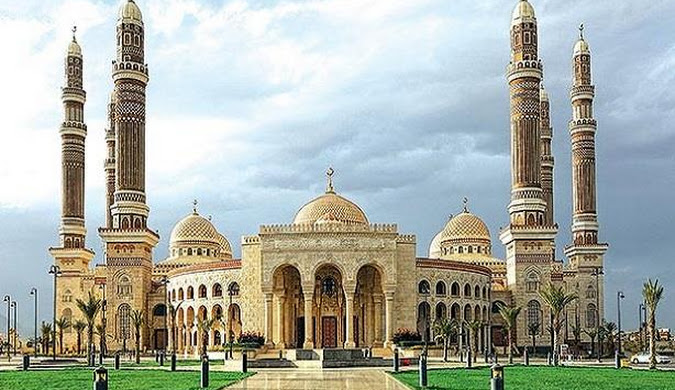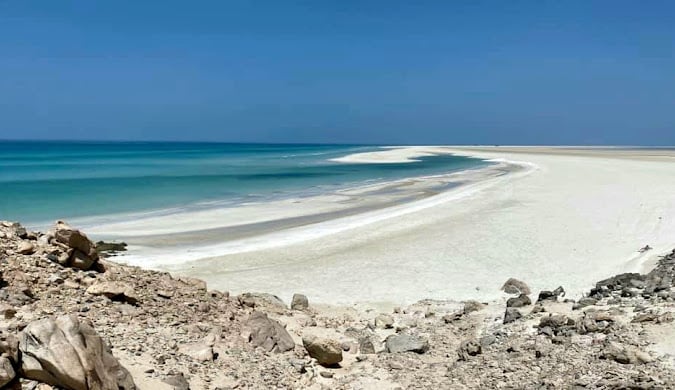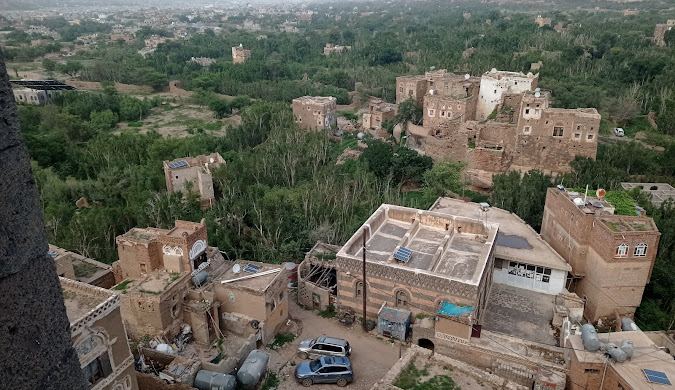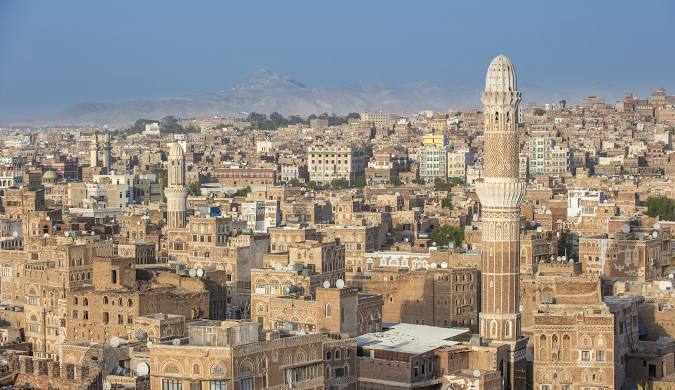

Discover Yemen
Sights
Map
Info
Yemen is a country rich in cultural heritage and natural beauty, though it currently faces significant political and humanitarian challenges. The country offers stunning mountainous landscapes, ancient historical sites, and iconic locations like Socotra Island, making it a fascinating destination for those interested in history and nature. When planning your trip, it’s helpful to be informed about visa and passport requirements, transportation and accommodation options, and dining and cultural practices. Additionally, practical tips about the local cuisine, shopping opportunities, and language barriers can help you make the most of your visit.
Visa and Passport Requirements
Visa Application: Most nationalities require a visa to enter Yemen, which can be obtained through Yemeni embassies or consulates.
Passport Validity: Ensure that your passport is valid for at least six months from your intended date of entry into Yemen.
Security Status: Always check travel advisories due to the ongoing conflict, as many regions in Yemen may not be safe for travel.
Transportation
Air Travel: Yemen’s international flights are limited due to the conflict, with only a few functioning airports.
Taxis: Taxis are common in major cities, but it’s recommended to use trusted services provided by hotels for security reasons.
Car Rentals: Renting a car with a driver is common for exploring the country, but rural roads can be challenging due to poor infrastructure.
Accommodation
Luxury Hotels: International-standard hotels can be found in Sana’a and Aden, though availability may be limited.
Mid-range Hotels: Affordable hotels are available in urban areas, but it’s crucial to ensure they meet basic safety and hygiene standards.
Guesthouses: In smaller towns, traditional guesthouses provide simple accommodations, offering a more authentic Yemeni experience.
Dining
Local Cuisine: Yemeni cuisine is known for its flavorful stews, bread, and rice dishes, with “salta” being a popular traditional meal.
Restaurants: Major cities like Sana’a offer a range of local dining options, while international food may be harder to find.
Water Safety: It’s recommended to drink bottled water and avoid tap water due to poor water sanitation in many areas.
Cultural Considerations
Dress Code: Yemen is a conservative country, and modest attire is expected, especially for women, who should cover their heads and wear loose clothing.
Religious Sensitivity: The majority of Yemenis are Muslim, and respecting Islamic customs is important, especially during religious events.
Photography: Always ask for permission before photographing people, especially women, and be cautious near military sites.
Language
Official Language: Arabic is the official language, and English is not widely spoken outside major cities.
Translation Tools: Using a translation app or having basic Arabic phrases can be extremely helpful, especially in rural areas.
English Usage: In tourist areas and some hotels, you may find English speakers, but knowing Arabic will make interactions easier.
Technology and Communication
Wi-Fi Access: Wi-Fi is available in some hotels and cafés in major cities, but internet access may be limited or unreliable in other areas.
Mobile SIM Cards: Local SIM cards are available and provide affordable data and call plans. It’s advisable to buy them at the airport or in larger cities.
Shopping and Payment
Cash and Cards: Cash is the primary method of payment in Yemen, as credit cards are rarely accepted outside of major hotels.
Currency Exchange: The Yemeni Rial (YER) is the official currency, and U.S. dollars or euros can be exchanged at banks or exchange offices in cities.
Bargaining: Bargaining is common in local markets, particularly when buying crafts or souvenirs, so it’s expected to negotiate prices.

